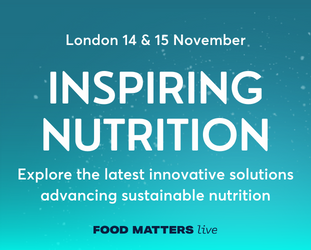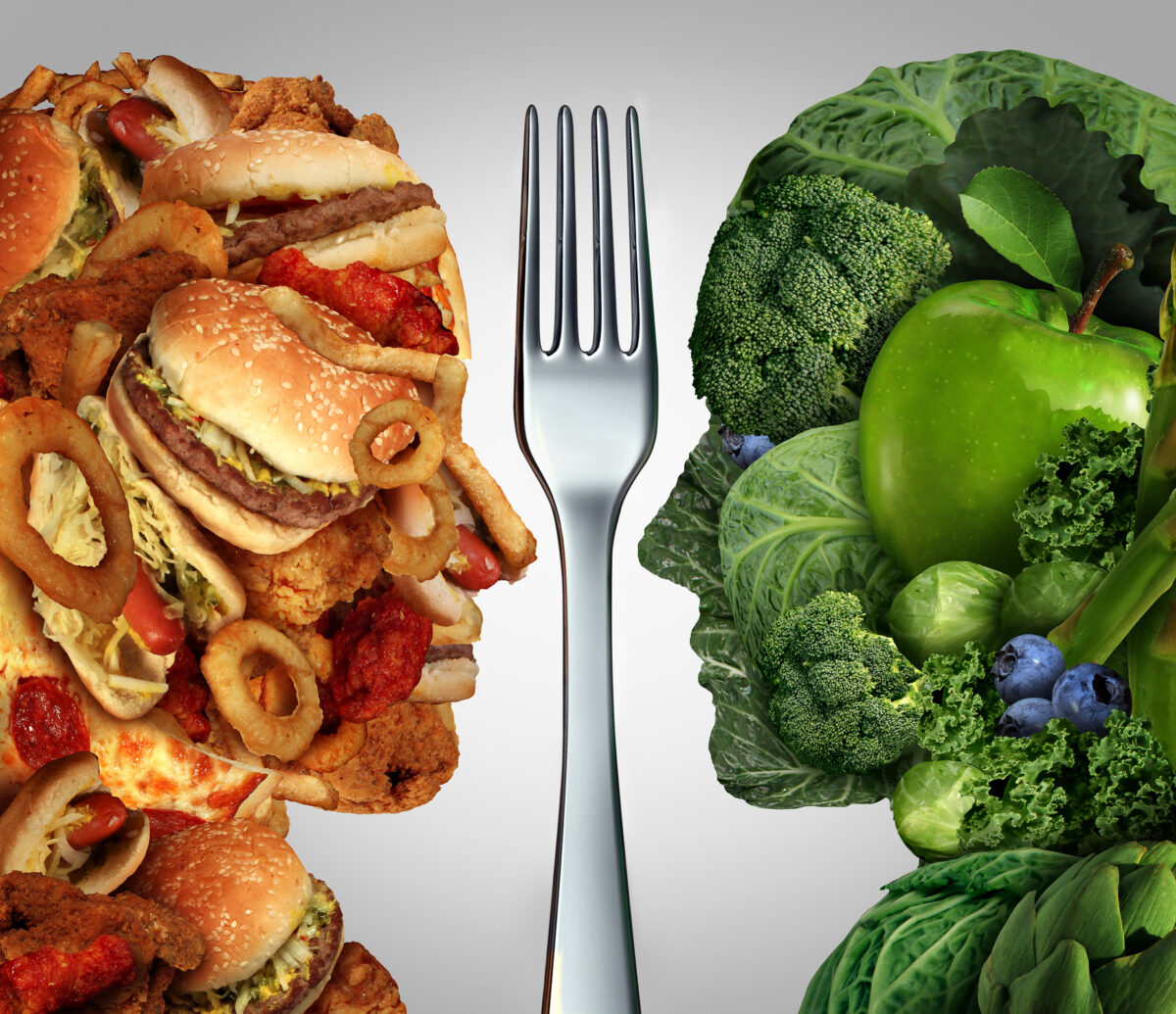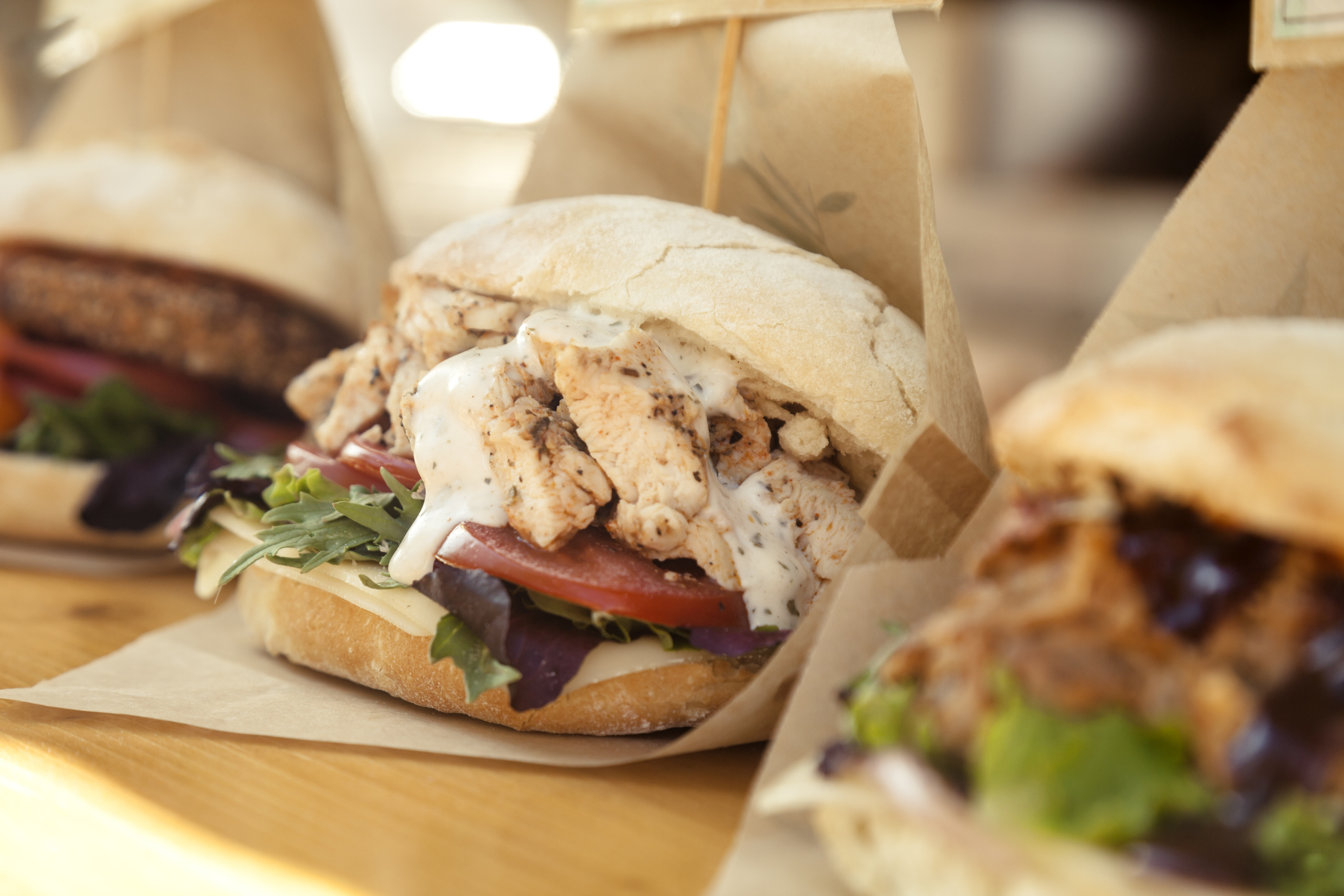Nestlé to ban marketing of high sugar products to under-16s

Multinational food and drink company Nestlé has pledged to stop making adverts for high sugar products targeted at under-16s.
The organisation’s new Marketing Communication to Children policy will ban the direct advertising of confectionery, ice cream products and sugary drinks to children below the age of 16.
According to the company, the new company policy reaffirms its ban on product advertising that targets children between the age of 0 and 6, which featured in previous versions of its marketing policy for young people. It is part of Nestlé’s aim “to help bring balanced diets within reach for people around the world.”
The policy will be applied to adverts on TV and online, including social media and gaming platforms where under 16s make up more than 25% of the audience. The organisation will also not collect data from minors and will only develop partnerships with social media influencers over the age of 18.
Nestlé’s new policy will come into effect on 1 July 2023 and will be implemented across the globe.
Earlier this month, the company also pledged to share more details on the nutritional value of its portfolio of food and beverages from 2023. It also said it plans to benchmark its products against the Health Star Rating system, a front-of-pack nutritional profile label currently used in Australia and New Zealand, which rates how nutritious goods are using a scoring system ranging from a half star to five, with the higher star count signalling a healthier choice. Ratings are based on the total energy, level of saturated fats, sugar, sodium, fibre, protein, fruit, vegetables, nuts and legumes in products.
Nestlé also committed to reporting on its portfolios in 14 countries using government-endorsed packaging labelling systems specific to each nation, such as the Nutri-Score.
It isn’t the first major food and drinks company to ban advertising targeted at young people. Back in March, Unilever announced it would cease promoting its food and drink portfolio, including ice cream brands like Ben & Jerry’s and Magnum, to children under 16.
As more companies recognise the growing demand for healthier foods which are lower in sugar, salt and fats, find out how your brand could benefit from HFSS reformulation in this on-demand Masterclass:









